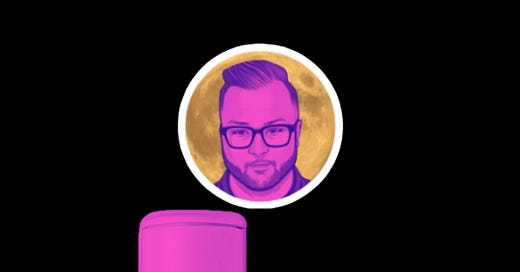We have been watching the adult obesity epidemic unfold for years. Now it is becoming clearer that the next generation is not escaping it. New data shows that more and more U.S. teenagers are starting GLP-1 therapy, specifically Novo Nordisk’s Wegovy, as the nation’s obesity crisis deepens.
Reuters reported this week on a new analysis from Truveta, a health data firm that reviewed electronic health records from more than 1.3 million kids aged 12 to 17. They found that in 2023, there were 9.9 new Wegovy prescriptions for every 100,000 teens. But that was just the beginning. In 2024, the number jumped to 14.8 per 100,000, a 50 percent increase in new starts. And the momentum is still building. The first three months of 2025 have already seen the rate rise to 17.3 new prescriptions per 100,000 teens.
This data came from 30 major U.S. healthcare systems covering more than 900 hospitals and 20,000 clinics. Importantly, the analysis included only FDA-approved adolescent prescriptions of branded Wegovy. It did not count compounded versions or other GLP-1 medications like Eli Lilly’s Zepbound, which is not approved for adolescent obesity.
If you are wondering why this matters, here is some context. According to CDC data, about 22% of U.S. kids between 12 and 19 are now living with obesity. For adults, that number is around 40 percent and rising. We are watching an entire generation at risk of carrying obesity and related health problems into adulthood, and a healthcare system that is already overburdened and ill equipped to deal with the cascading consequences.
But here is where the conversation gets even more uncomfortable. In this country, we cannot even seem to have a civil debate about whether these medications are worthy of treating the disease of obesity in adults. The moment GLP-1s enter the conversation, the old narratives come out. It is a moral failing. It is cheating. Just try harder. Eat less, move more. You know the drill.
So it begs the question. If we cannot talk about it rationally for adults, are we really ready to have this conversation about children?
Childhood obesity carries enormous stigma. These kids are often judged, bullied, and told their condition is their fault. And now that GLP-1 medications are an option for some of them, a whole new layer of controversy has emerged.
Many argue that these are serious medical therapies that should only be used in the most severe cases. Others argue that withholding proven treatment from kids who are suffering is cruel. There are also big questions about long-term safety, cost, and access. And of course, many parents are left trying to weigh all of this while watching their child struggle.
It is a sensitive topic, and it touches many of us in the community personally. I would love to hear your thoughts in the comments. Should we be using GLP-1 medications more often in teens who qualify? Are we too quick to medicalize childhood obesity, or not quick enough? What has your experience been with helping a young person manage their weight?
The science tells us that keeping people from reaching excessively high weight in the first place is one of the best ways to combat obesity. But we also know based upon the data that these treatments are likely lifelong. This conversation is far from over, I’m just not sure that the world is ready to have it.
Stay tuned to OnThePen.com for more updates and in-depth analysis on the latest developments in weight loss and diabetes treatments. Sharing this article is a powerful form of advocacy that brings us closer to our goal of educating the masses and reducing the stigma of obesity. If you found this article insightful, please share it within your networks, especially in Facebook groups and Reddit forums dedicated to GLP-1 medications and diabetes management. Together, we can make a difference.






As a retired secondary ed teacher, I cannot tell you how many students I watched suffer during the 3 1/2 decades that I was in that field. Many kids were bullied, whispered about, and treated as second class citizens because of a health issue that was untreated. I saw many girls with classic signs of PCOS and boys who were called lazy. While most students who had type 1 diabetes were always receiving extra care and concern, those who clearly were suffering with type 2 had no help, but were discriminated against. It hurt my heart because I was constantly battling my weight, as well. I’m so happy to see that doctors are beginning to treat our youth!
My 14 year old has been on for over a year and it is the best decision we’ve ever made. Her mental health is in a better place than it’s ever been…a year ago she was self harming and on an extremely high dose of Prozac and now that Prozac has been cut in half and we’ve been self harming free since last May. Her confidence is beautiful, she’s not isolating anymore and went from failing every class to high honors (straight As) this entire school year. With all that, she is down 35 pounds and isn’t bullied for her weight anymore. I wish people could look deeper and see, especially in teens, how life changing this can truly be. I would have given anything for the opportunity to know my obesity was never my fault and have found a solution much sooner ❤️